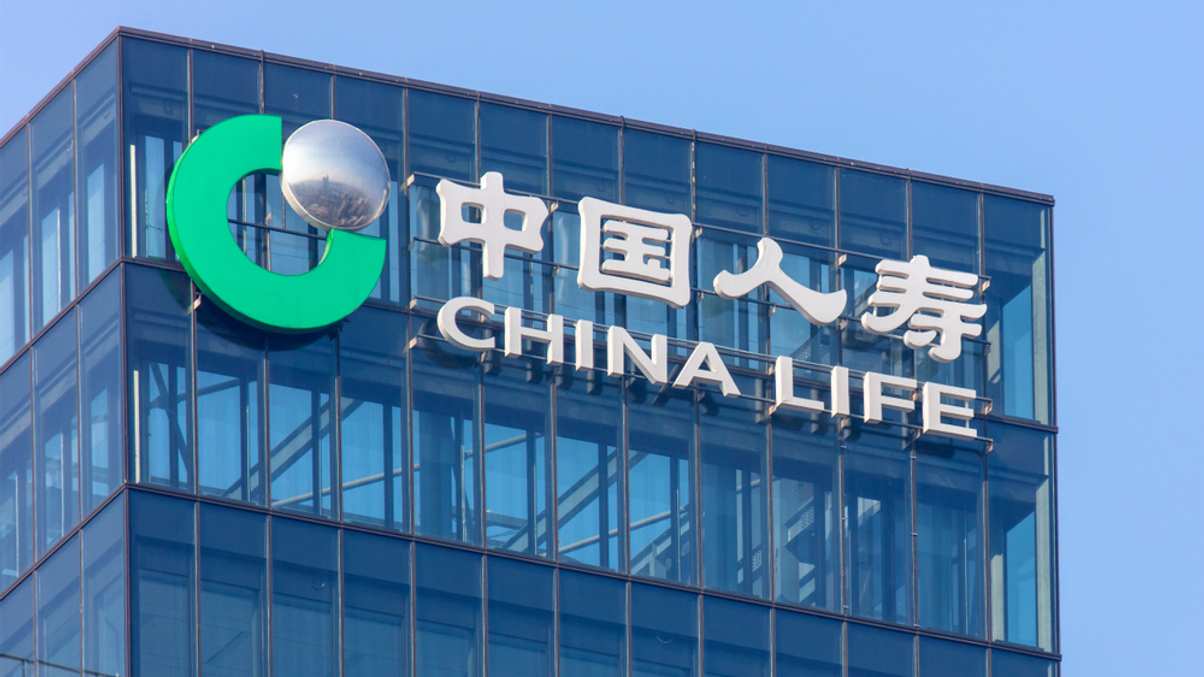China Life looks to US equity gains after rate hikes stabilise
The Chinese life insurer is also keeping its eye on undervalued Hong Kong equities to boost its $11 billion overseas investment portfolio.

One of China’s largest asset owners - China Life Insurance Company - is closely monitoring the US stock market, waiting for the right time to add positions as the market tends to do well at the end of a rate hike cycle.
Sign in to read on!
Registered users get 2 free articles in 30 days.
Subscribers have full unlimited access to AsianInvestor
Not signed up? New users get 2 free articles per month, plus a 7-day unlimited free trial.
¬ Haymarket Media Limited. All rights reserved.


